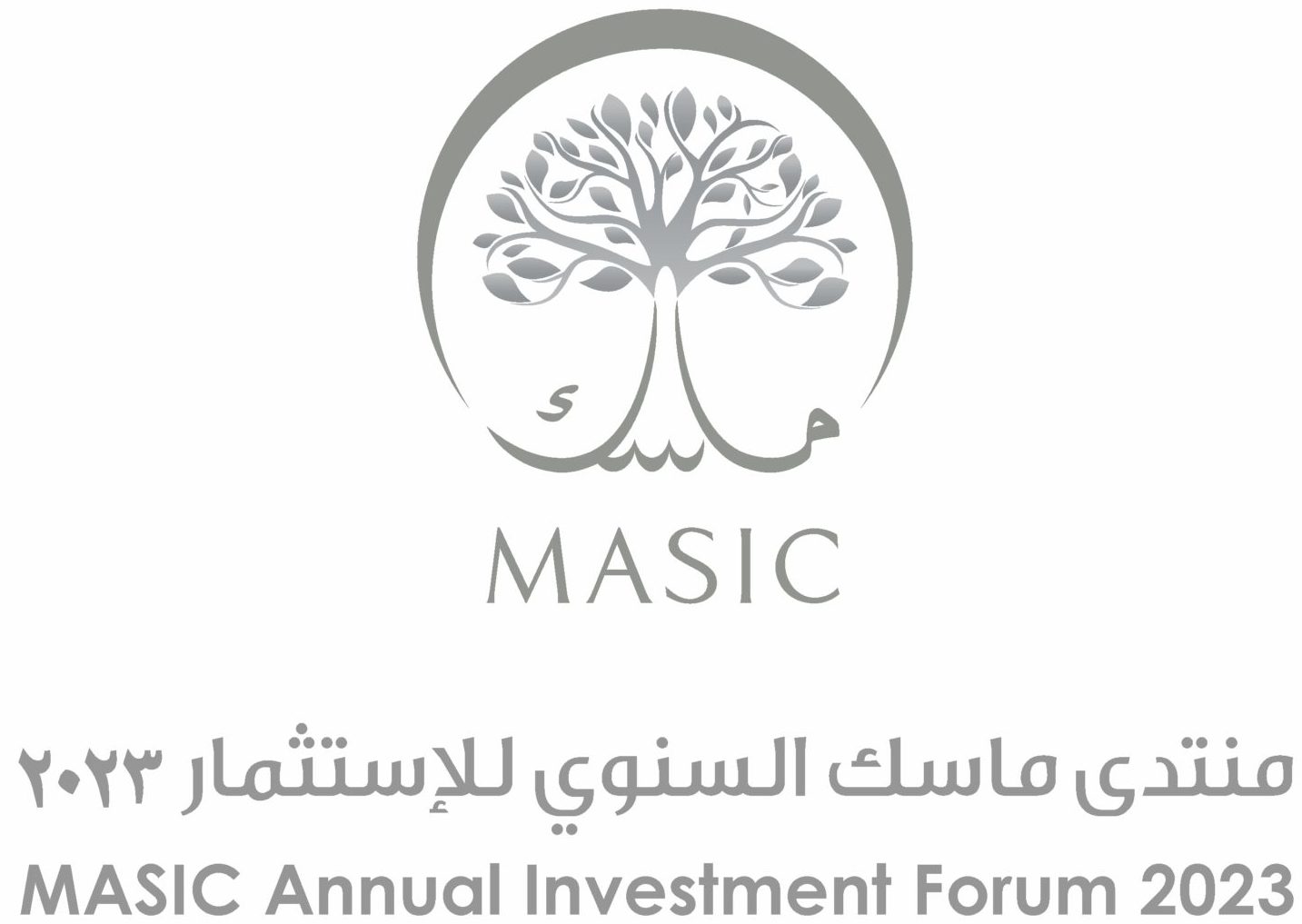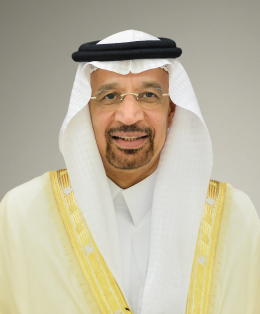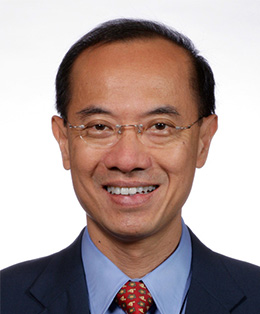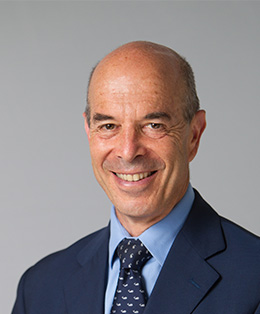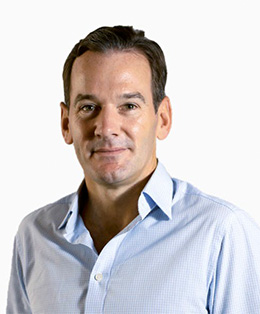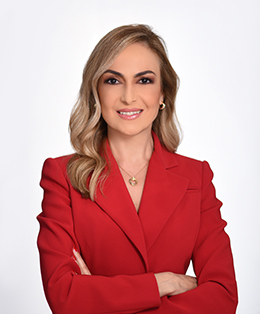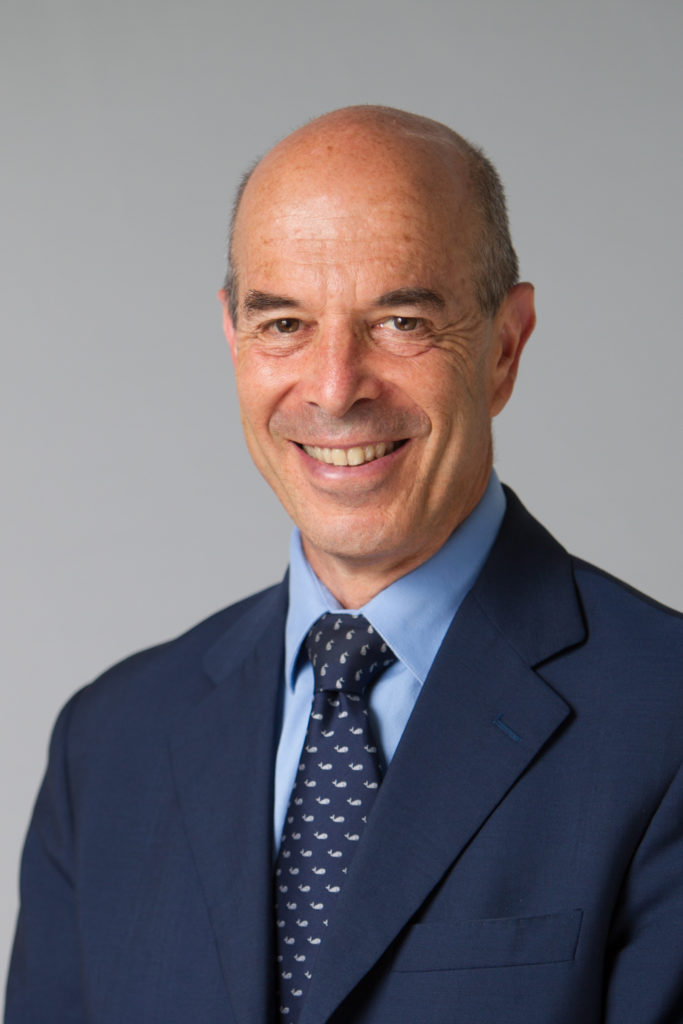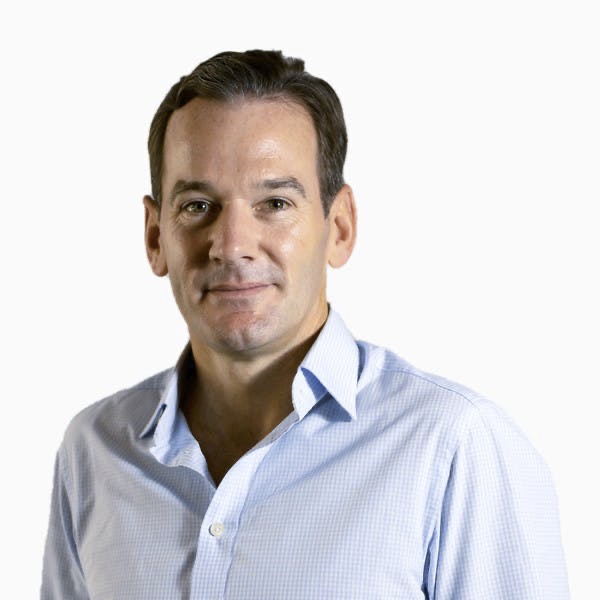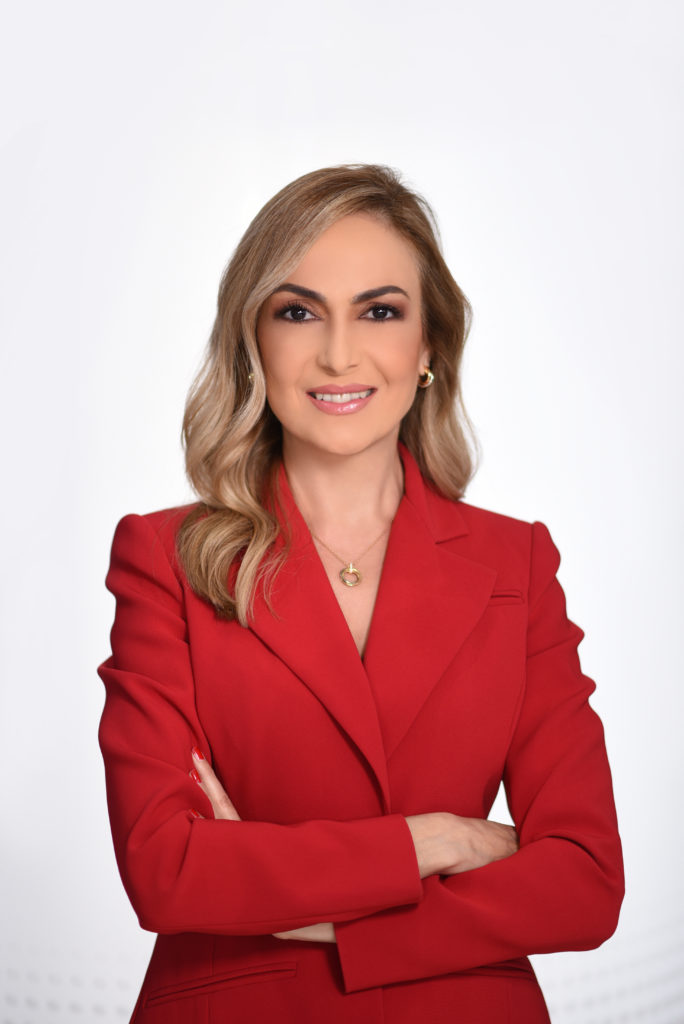Disrupting Geography:
Investing in an Uncertain World
Investor and author Ray Dalio studied the past 500 years and describes the typical lifecycle of a superpower’s rise and decline in his book: “Principles for Dealing with the Changing World Order.” Dalio claims that the start of a new era often heralds a period of peace, prosperity and productive debt growth. A prolonged period of economic prosperity and confidence results in increased borrowing which eventually leads to a bubble. As bubbles burst, inflation surges, inequalities rise and internal conflicts assume, we witness revolutions to redistribute wealth that can be either peaceful or violent. Towards the latter stages in the cycle, the leading empire becomes less powerful relative to rivals, and the deteriorating economic conditions and disagreements between powers typically results in some kind of conflict.
Speakers
Forum Program
Time | Program |
|---|---|
08:00 am | Registration and welcoming |
09:00 am | Forum Opening Verses from the Holy Quran Opening Speech by MASIC Vice Chairman, Nasser M. Alsubeaei |
09:10 am | Program Overview Nadine Hani |
09:20 am | Keynote Speech H.E. Eng. Khalid bin Abdulaziz Al-Falih |
9:40 am | Presentation by George Yeo |
10:10 am | Q & A |
10:20 am | Presentation by Professor Ian Goldin |
10:50 am | Q & A |
11:00 am | Presentation by Edward Knight |
11:30 am | Q & A |
11:40 am | Panel Discussion |
12:40 pm | Closing Remarks by MASIC CEO, Hani Halawani |
12:45 pm | Prayer Time and Lunch |
02:00 pm | End of Forum |
- During the event, the Chatham House Rule will be applied.
- The official language of the Forum is English. The host will provide instant translation from English to Arabic.
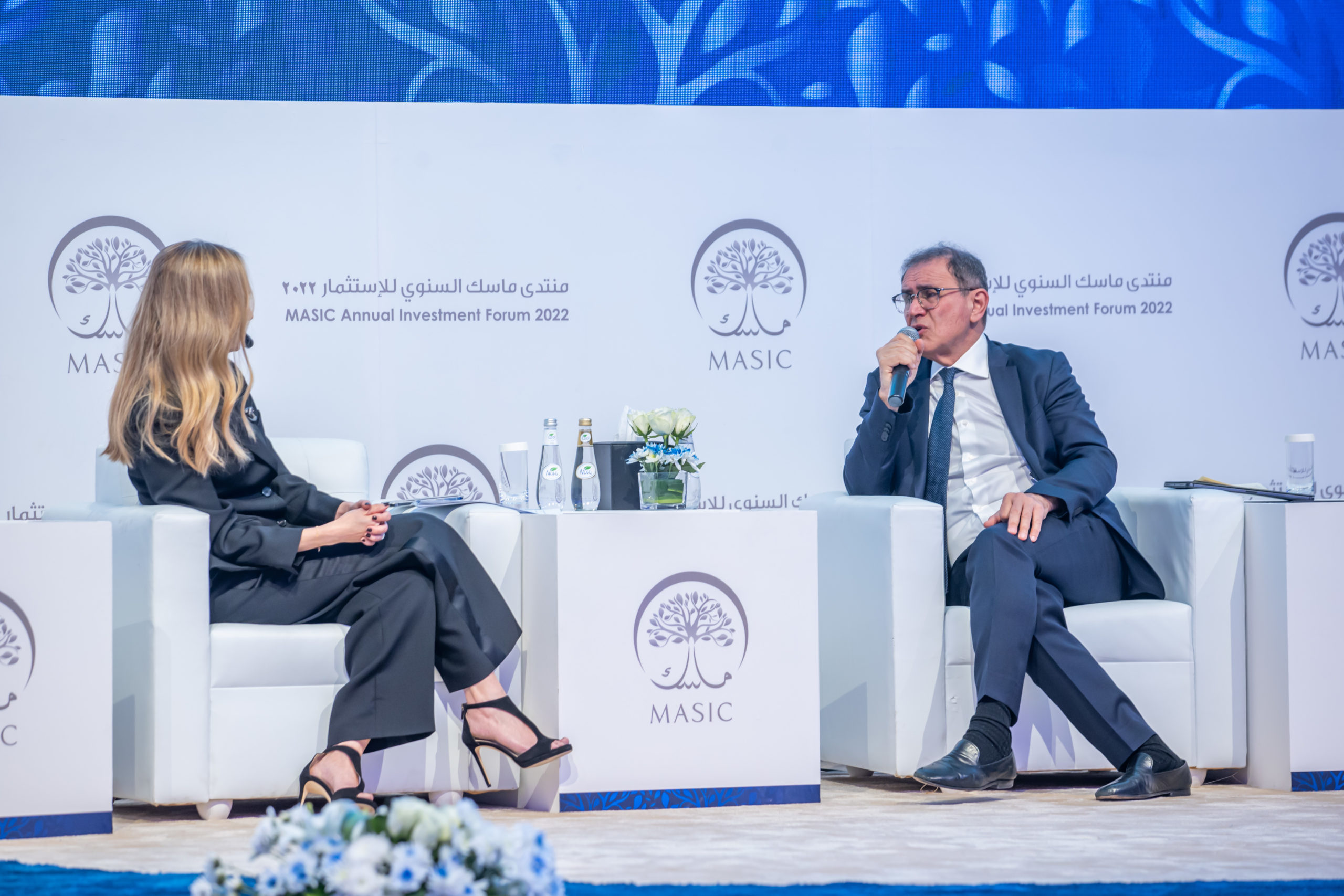
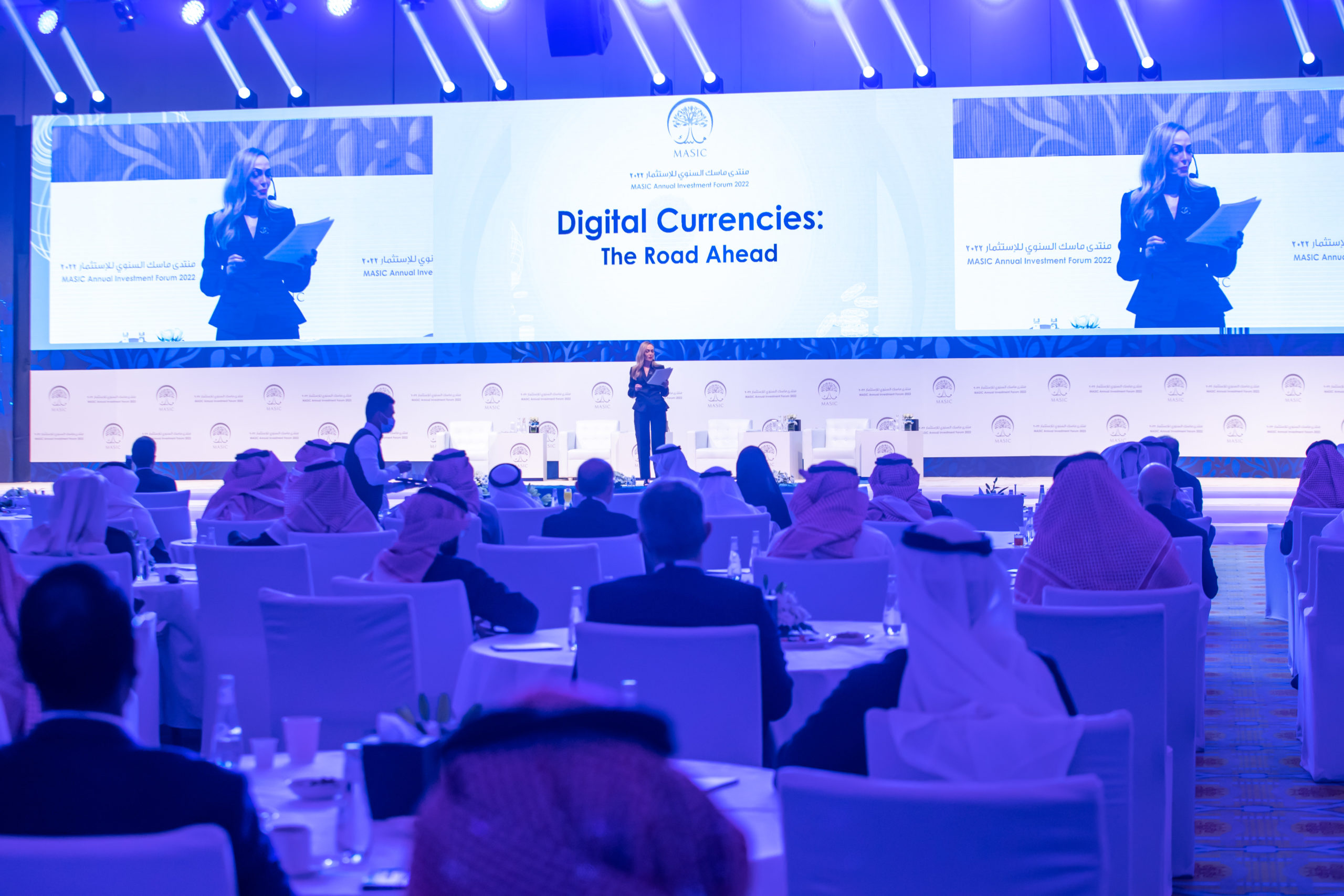
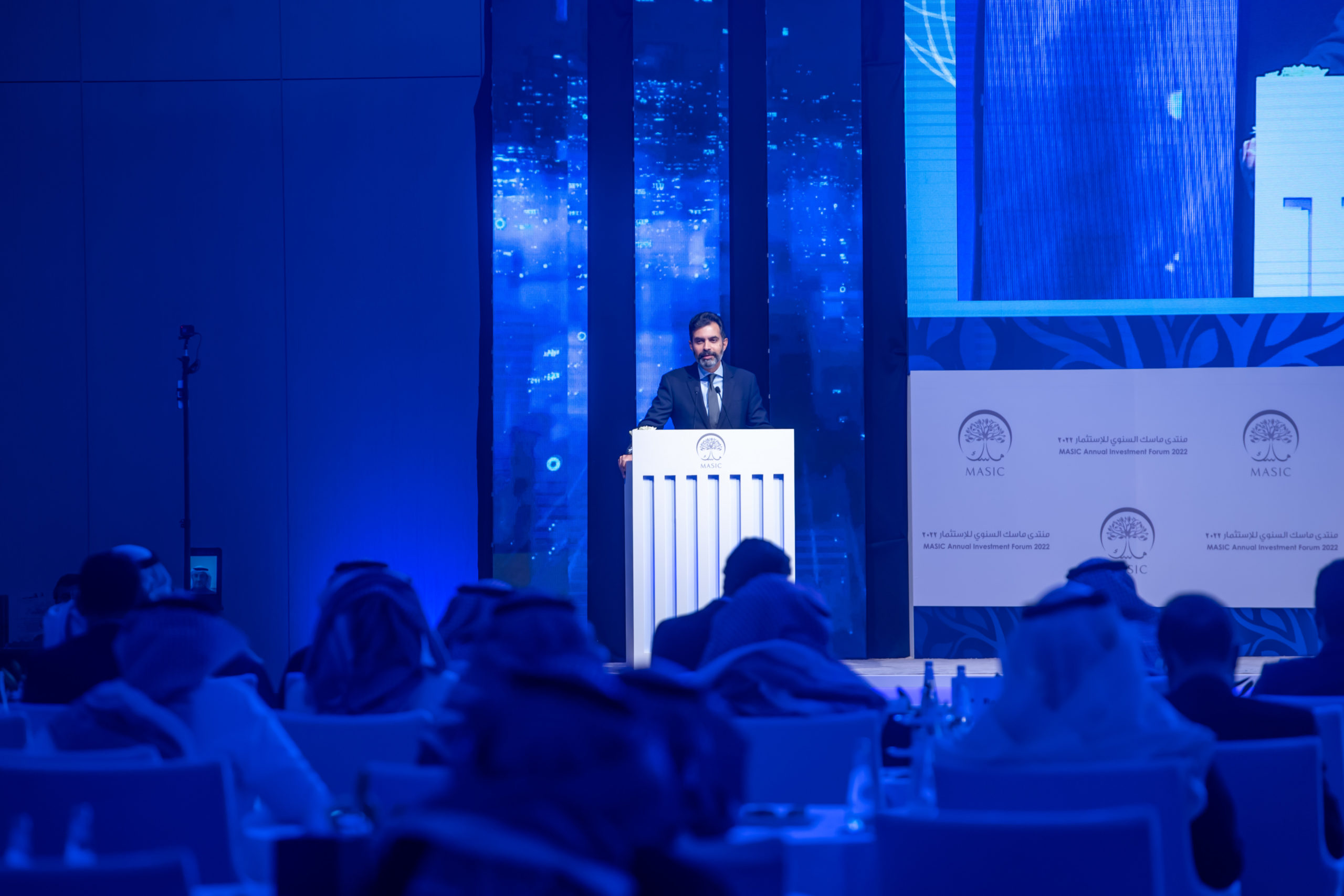
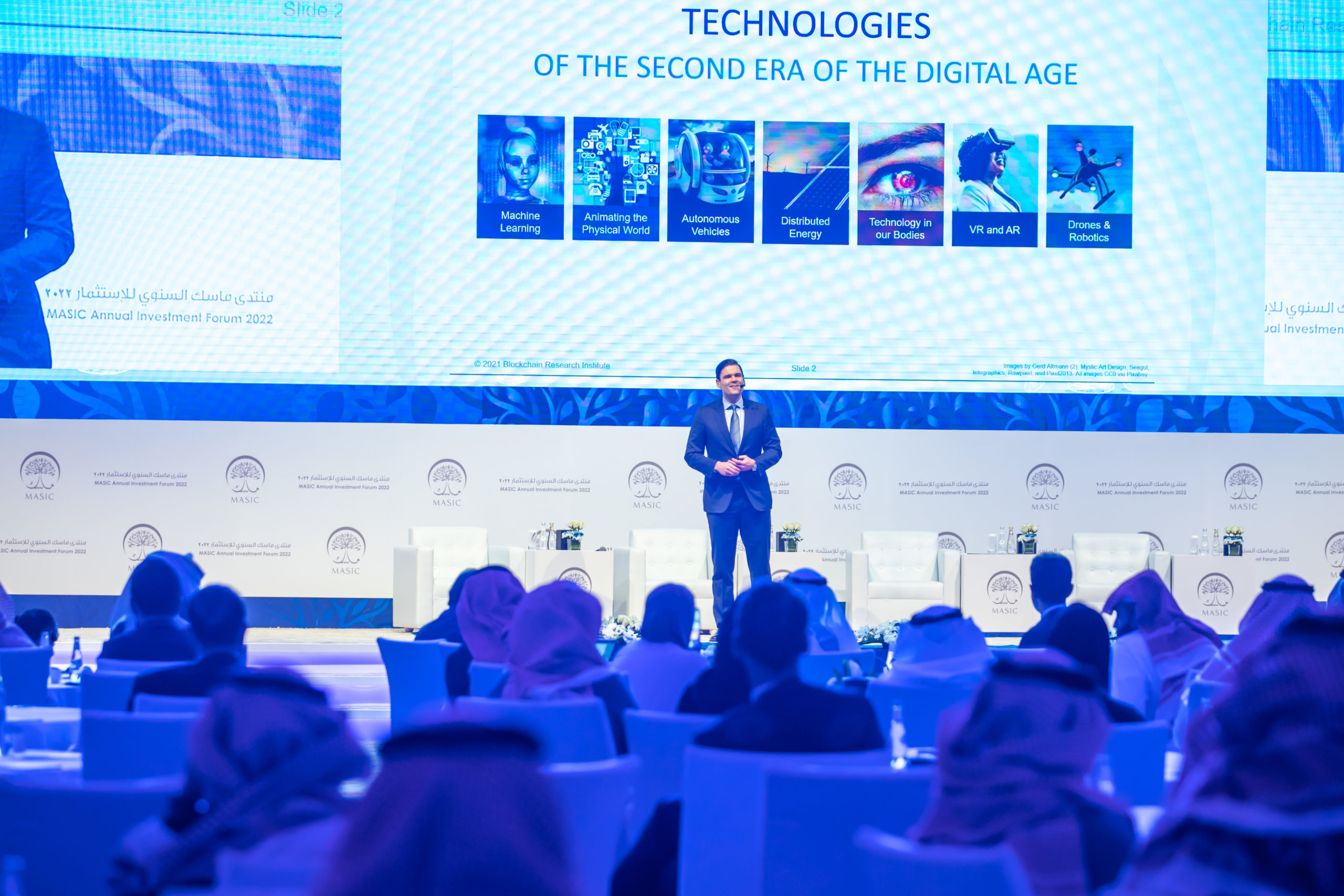
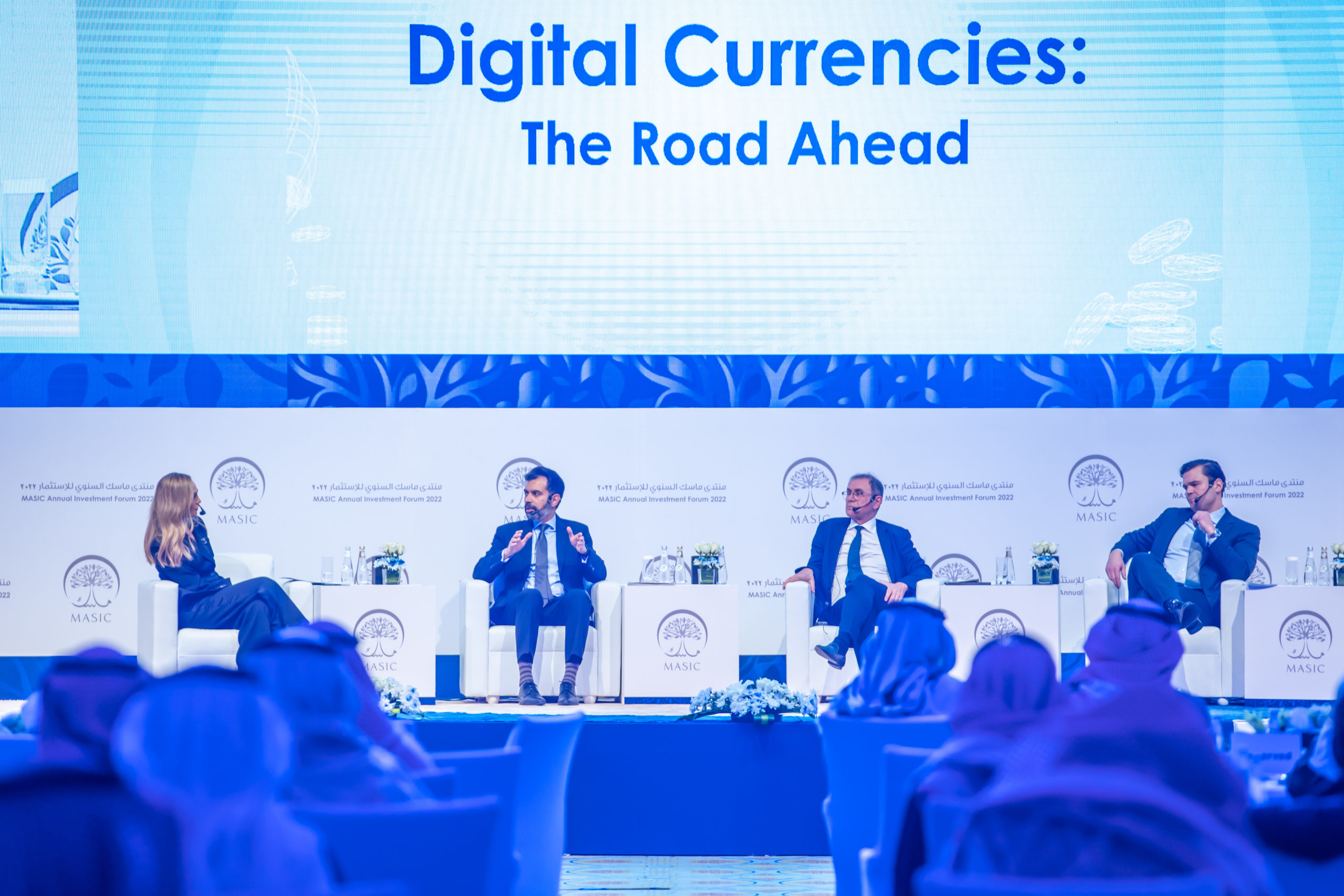
Venue
Al Faisaliah Hotel, Prince Sultan Grand Hall, Riyadh, KSA
Al Faisaliah Hotel forms an integral part of Riyadh’s landmark centerpiece, the Al Faisaliah Center, which includes luxury shopping, high-tech entertainment and a 250-meter office tower. The center and hotel are ideally located in the city’s prestigious business and residential area, Olaya, affording easy access to the city’s Diplomatic Quarter, ministries, government offices, shopping and business centers.
